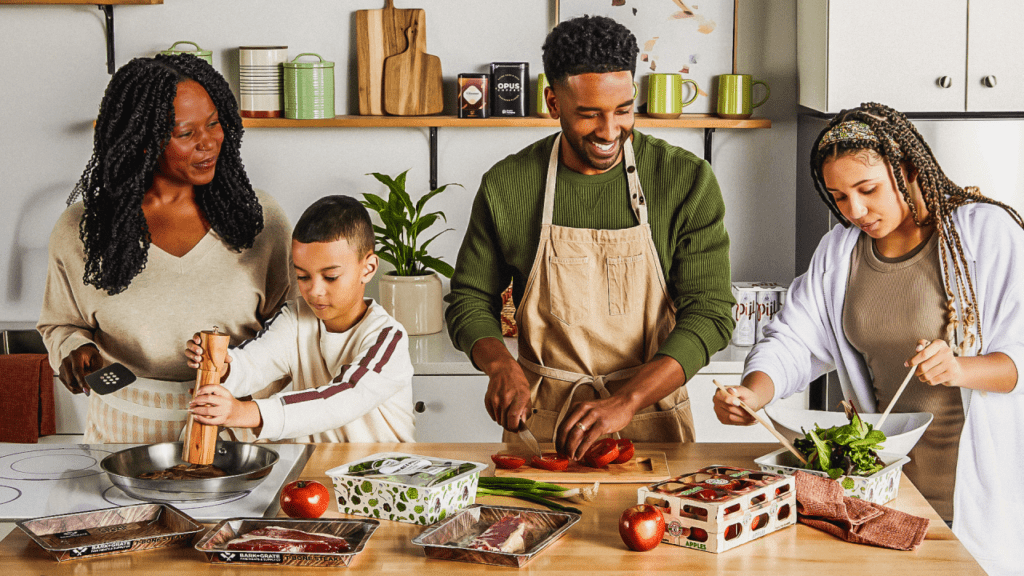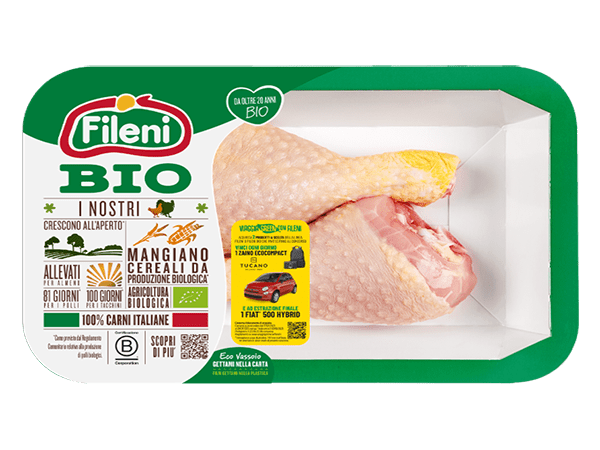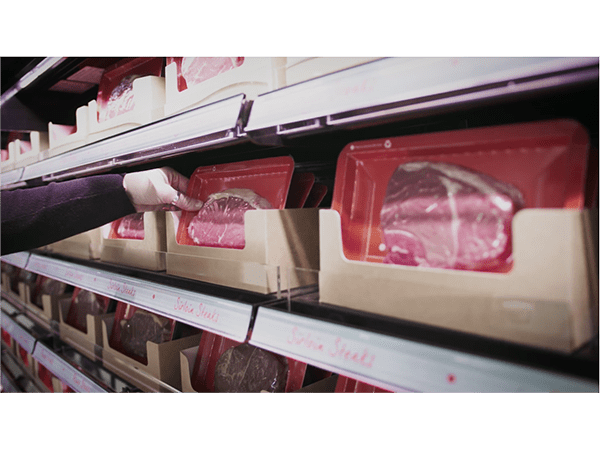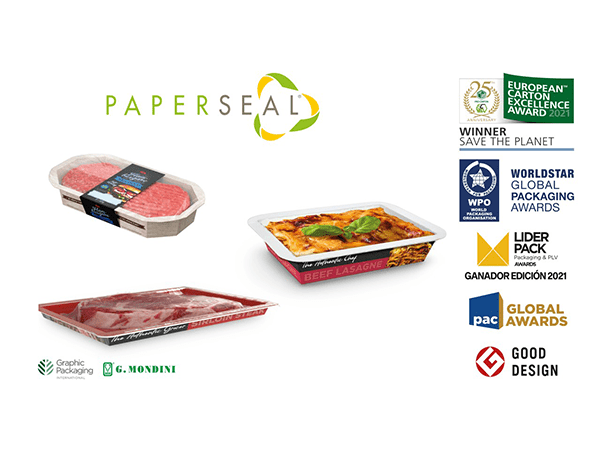article
Driving the Circularity of Packaging in European Supermarket Meat and Fish Aisles

The meat aisle as we know it is changing, with consumers and retailers both driving packaging innovation, with a need to balance sustainability with functional and aesthetic benefits.
Consumer attitudes to traditional plastic packaging are clear – they want less of it. This trend is expected to persist in the short, medium, and long term. At a time when private label is continuing to grow its market share across Europe and beyond, retailers must ensure they offer the right packaging options to their consumers across private label and branded ranges, and core and premium lines.
Reducing plastic and improving recyclability
Paperboard trays for fresh and processed meat and fish are often hybrid solutions that offer a significant reduction in plastic, maintain an effective barrier, and deliver the performance that today’s fast-paced supply chains demand.
Even with the use of plastic lidding films and barrier liners, it is possible to reduce plastic use by up to 90 percent when compared to traditional plastic trays. In addition, advances in materials technology mean that many of these liners and lidding films can now be recycled in many EU countries. For example, lines in the Ecoflex™ and Ecotop™ product families are recyclable according to CEFLEX guidelines.
While meeting consumer and retailer needs for reduced plastic in packaging is important, this must be balanced with concerns such as shelf-life optimisation and food waste reduction.
Preserving shelf-life and fighting food waste
Packaging’s primary role is to prevent food waste by protecting and preserving its contents. Food waste has a much larger environmental impact than plastic waste – just 1kg of food waste sent to landfill produces the same amount of greenhouse gas emissions as 25,000 500ml plastic bottles – so it’s vital that reduced plastic packaging does not negatively influence shelf-life or create more food waste.
PaperSeal™’s excellent hermetic seal delivers at least equivalent shelf-life to plastic, and the solution we developed for Rhug Estate, a UK-based ‘farm-to-fork’ meat producer and retailer, actually extended the average shelf life of their organic beef range by two days compared to their previous plastic solution.
Maintaining operational efficiency
Reduced-plastic trays must be equally efficient to use at scale and speed. Our paperboard trays are designed with operational efficiency in mind, and as such can often be run on the same machinery used to run plastic packs with minimal retooling or adjustments required.
The pressed board trays we developed for ABP Food Group for UK supermarket Aldi’s premium and core steak lines were designed to run on ABP’s existing packaging lines, with no machinery investment or re-tooling required.
PaperLite™ is a fiber-based material that can be formed into trays on traditional thermoforming equipment. A recent commercialization with food producer Cranswick PLC used PaperLite for cooked meat packing for sale in UK retailer Tesco.
As consumer and retailer demands continue to evolve, we’re proud to be continually driving innovation in the fresh and processed meat and fish category with our paperboard solutions.


